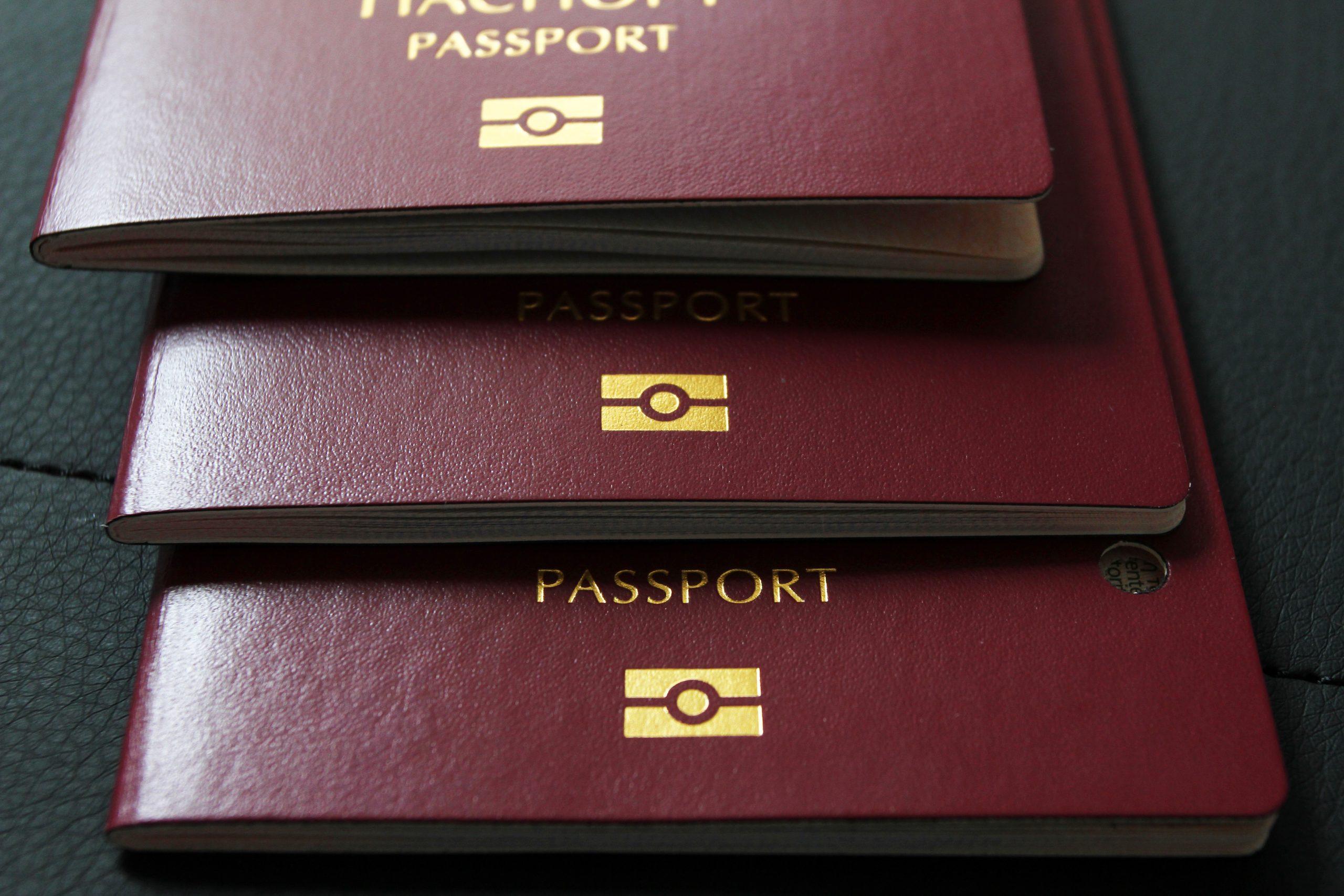The Cypriot government continues to actively revoke 'golden' passports issued through an investment programme that closed in 2020. On Wednesday, 3 September, the Cabinet of Ministers held another meeting at the initiative of the Minister of Internal Affairs, Constantinos Ioannou, to revoke the citizenship of 26 foreigners (seven investors and 19 members of their families).
Since Nicos Christodoulides came to power in March 2023, a total of 122 such decisions have been made. Of these, 35 were investors and 87 were their relatives. Taking into account previous years, the total number of revoked 'golden' passports has reached 332 (95 investors and 237 family members).
The reasons for stripping investors of their citizenship
According to investigative authorities and reports from the Special Commission, most of the revoked passports are related to so-called 'high-risk' cases. These are individuals who, when they obtained a Cypriot passport, were already under investigation or had criminal records for serious offences such as corruption, fraud, money laundering, tax crimes or participation in criminal organisations.
In some cases, investors provided false information, concealed their criminal past or submitted forged documents. They also violated the terms of the programme in some cases. For example, they did not complete the construction of real estate properties that served as the basis for obtaining a passport, or they sold the properties shortly after obtaining citizenship and left Cyprus.
 The citizenship revocation procedure is as follows:
The citizenship revocation procedure is as follows:
The deprivation of Cypriot citizenship is regulated by Article 113 of the Population Registry Law No. 141(I)/2002. Before making a decision to deprive someone of their citizenship, the Cabinet of Ministers must notify them in writing, stating the reasons and granting them the right to appeal to an independent Commission for the Examination of Deprivation of Citizenship.
This commission includes representatives from the Legal Service, the Office of the Auditor General and the Ministry of Justice. It considers the case, issues a reasoned opinion and sends it to the Cabinet of Ministers for a final decision. Only then is an official decree on deprivation of citizenship issued and passports and identity cards are revoked.
What will happen next?
According to the Cypriot Ministry of the Interior, several dozen more cases involving suspicious foreign investments are still under review. Some of these cases were identified as a result of an audit of the 'golden passport' programme archives, while others were identified through international information exchanges with law enforcement agencies in other countries and Interpol.
Experts note that such measures are aimed not only at rectifying past mistakes, but also at improving Cyprus's reputation within the EU and the global investment community. The government is currently developing new investment attraction mechanisms, which will be accompanied by strict applicant reliability checks.
